Who can see your post?
Your post will show up in News Feed, on your profile and in search results.654,456 Global TURNER Family Members
| Days | Hours | Minutes | Seconds |
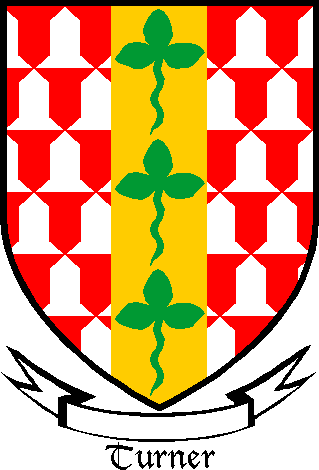
Sunday 5th October
2pm (New York), 7pm (Ire)
| Days | Hours | Minutes | Seconds |

Sunday 5th October
2pm (New York), 7pm (Ire)
Our in-person family gatherings
Our TEDx talk about family gatherings
TURNER Family History
INTRODUCTION
Recorded in several spellings including Turner, Turnor, Thurner, Tourner and Tournor, this is one of the great British surnames. With over fifty entries in the Dictionary of National Biography, it perhaps surprisingly it has at least three possible origins. Firstly, it may be an occupational name for a maker of small objects of wood, metal, or bone by turning on a lather, deriving from the Anglo-Norman French word "torner". Secondly, it may be a nickname for a fast runner, from the Middle English elements "turnen" to turn, plus the fusing of "hare" a hare. Thirdly, it may be occupational for an official in charge of a tournament, deriving from the Old French word "tornei"...
SURNAME
Turner (Variations: Turnor, Thurner, Tourner, Tournor)
Although primarily someone who fashioned small objects of wood, metal, or bone on a lathe, the occupational surname also had a variety of other relations, including turnspit and translator or interpreter. It was also South German occupational name (T(h)ürner) for a guard in a tower or a topographic name from Middle High German turn ‘tower’. A habitational name for someone from various places like Austria, are similarly named Thurn.
Turner, as Jewish (eastern Ashkenazic) was also derived from a place called Turno or Turna in Poland Belarus, or from the city of Tarnów in Poland. It is anglicised or translated to other similar sounding and meaning Jewish surnames. An early bearer connected to Poland was Benjamin Turner, a lender of money, born in Poland and reported in Newcastle upon Tyne in 1891.
Sixteenth-century, Northumberland born botanist William Turner (1520—68) introduced scientific botany into England. He studied at Cambridge University and named many plants including hawkweed and goatsbeard. He was a naturalist and had connections to other countries, including Italy where he studied medicine, although he also studied plants and birds and had another great naturalist friend, Connor Gessner.
One of the most celebrated artists in British history is JMW Turner (1775-1851). Turner has made a lasting impact on art and culture, with his connections to Margate, Kent inspiring the name for Turner Contemporary gallery is located in the seaside town. Many of Turner's artwork was inspired from the East Kent coast. An early bearer, also with connections to the East Kent coast - Nicholas Turner of Dover, Kent in 1538.
In 1881, the surname had a widespread frequency of 82,645 residing in the UK with 2,938 reported in the historical county of Kent. The most frequent occupation in the UK for Turner was Agricultural Labourer, of which were 4% with Labourer and Farmer, also top reported jobs worked by the surname. Coal Miner was a less common occupation for Turner.
SOURCES:
1881, 1891 Census The Oxford Dictionary of Family Names in Britain and Ireland, P.Hanks, Coats, McClure OUP 2016
1881 Census in Kent
Dictionary of American Family Homes, P Hanks OUP 2003
Homes of Family Names in Great Britain, H.B. Guppy, London 1890
1860 Lower, Mark A Patronymica Britannica: a dictionary of the family names of the United Kingdom, London: J.R Smith. Public Domain
1857 Arthur, William An Etymological Dictionary of Family and Christian Names. New York: Sheldon, Blakeman. Public Domain
Turner Family from Wexford
THE Turners have been in South Wexford from early Norman times. Turners of Ballyknocken, Barony of Forth, were one of principal Wexford families whose coats of arms and pedigrees were registered by the Ulster King of Arms in 1618. The pedigree, preserved in the Genealogical Office, Dublin Castle, shows that the Turners had been in Ballyknockan for eight generations and were Sovereigns of Wexford.
Paul Turner, son of John who was third son of Thomas, married a daughter of Nicholas Devereux, Ballymagir; Paul's son Nicholas married a daughter of Patrick Lambert, Ballyhire; Richard Turner, who was a Commissioner of the Peace in 1618, married Catherine, daughter of Robert Codd, Bearlough, and had four sons, Nicholas, Paul, Thomas and William, and a daughter who married William Hay of Slad, Tagoat.
Paul Turner was appointed first captain of Rosslare Fort when it was erected by the Confederate Catholics in 1641 to protect shipping during the Rebellion. Wexford was the principal port of the Confederate forces and their link with the continent. Walter Turner was Mayor of Wexford in 1646, at the height of the rebellion, and exchanged letters with Lord Ormonde regarding the release of captured ships and goods. Nicholas Turner of Kisha was out in the rebellion.
John Turner was appointed first Mayor of Wexford under the charter granted to the town by James I in 1609. Patrick Turner was Mayor in 1626. John Turner was M.P. for the town of Wexford in 1613.
In his history of the Barony of Forth, Hore quotes a reference to a castle at Grahormack, of which there are no remains left, and says it was probably built by the Turners, who lived here in the early part of the sixteenth century. John Turner of Ballysheen was one of the gentlemen of the Barony of Forth in 1608.
Before the Cromwellian confiscations the following Turners were proprietors of land in the different baronies: FORTH: Nicholas at Allenstown, Grange, Rathmore and Kisha in St. Iver's parish; George at Great Ballyfinogue; Paul at Great Ballybrennan and Ballysheen. SHELMALIER: Nicholas Turner at Garrygibbon. Ballyla, Kilmisten and Ballinoulart. BALLAGHKEEN: George Turner in Kilcormack and Kilnamanagh parish. SCARAWALSH: William Turner at Tincurry. BARGY: Paul Turner at Ballygrangans.
During the last century Edward Turner held 118 acres of land at Newfort, Screen and Michael, Patrick and Ambrose Turner were smallholders at Knocknaskeagh, Boolavogue, as tenants of the Irish Land Company. Brigid Turner held 81 acres in the same district
Edward Turner, J.P., of Newfort, a sergeant in the Shelmalier Yeoman Cavalry, brought the first news of the '98 Rebellion to Wexford where he was executed on the bridge on June 20, 1798. He had been active against the rebels in the Battle of Oulart and burnt houses in Oulart village. Rev. Francis Turner, Protestant Rector of Edermine, was shot dead during a raid for arms on his home at Ballingale, during the Rebellion.
Rev. Thomas Turner was parish priest of Carne, Tacumshane, St. Margarets, St. Iver's and Ishmarton from 1615 to 1649. He was made treasurer of Ferns in 1632. There is an old story that on the day of the Cromwellian massacre in Wexford in October, 1649, Fr. Turner was on his way to the town when he saw an apparition in the sky.
When John Roche was Bishop of Ferns during the difficult period of 1624-36 he disguised his signature under 'J. R. Turner', suggesting that Turner was the name of the family at whose house he found hospitality. Professor Patrick Corish states that this is revealing, as the man who had taken the risk of sheltering the bishop was grandson or great-grandson of a man who had no scruple in growing rich on the loot of the medieval church. This is a reference to the grant of the possession of the Friary and Selskar Priory to Paul Turner after the suppression of the monasteries by Henry VIII.
In 1885, Edward Turner, Carcur House, Wexford, was a Justice of the Peace; John Turner was a landowner at Tomboley, Ferns and another John Turner had land at Oulartwickbeg.
The well-known Turner family of Rosslare is descended from Garrett Turner of Courtown Harbour who was born in 1839 and died in 1899. His son John (1863-1922) married Bridget Parle from the Killurin area in 1889 and settled in Rosslare. They had five sons and three daughters. Their son John, who married Ellen Goodall of Woodtown, Rosslare. was father of Sean Turner, the head of the present family. Joseph Turner, a brother of John's was a Garda Inspector in Dublin and an authority on the history of Rosslare.
Another Turner family has been associated with the printing trade in Wexford town for many years. The first of this family to settle in Wexford was William Edward Turner, a Protestant, who came from Lowestoff in East Anglia, to work in the Church of Ireland printing works. He lost his job when he became a Catholic and was later works manager in the Wexford Free Press.
Select Audience
-
Public
Anyone on or off Wales101 -
Friends
Your friends on Wales101 -
Specific
Only show to some friends -
Only me
Only you can see your post
Tag People
-
Kane William
-
John Micky
-
John william
-
John Smith
-
John
Create Life Event

Betty

Margaret E Chapman

Mickie Pastor
Areas of Origin for TURNER
Invite more TURNER family members!
Write an email address and click 'Invite' to share this page with more members of the TURNER tribe.
Log in or Register to invite others
Family Coat of Arms Generator
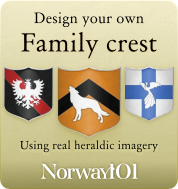
Why not see what your family crest could look like based on your own family characteristics?
Create CrestJoin the Irish Learning Rooms
Show off the TURNER Family Crest…
Wear your crest with pride...plenty of products to choose from


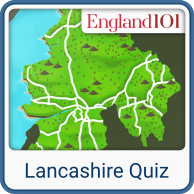
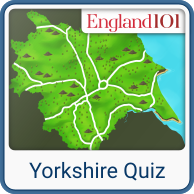

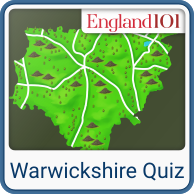
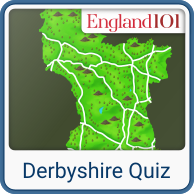
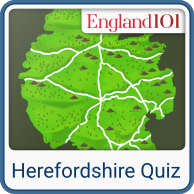
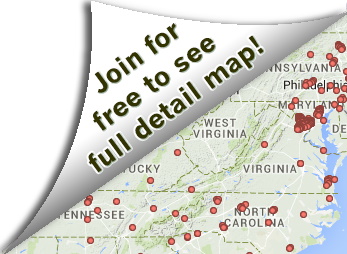
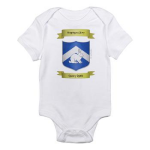
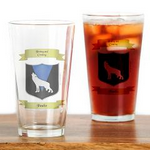
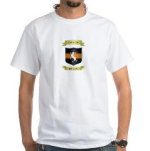
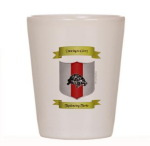
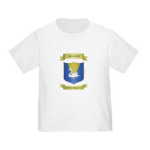
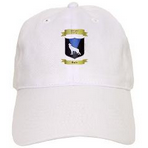
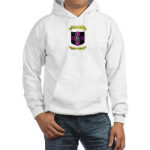
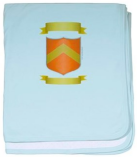
_(2).jpg)